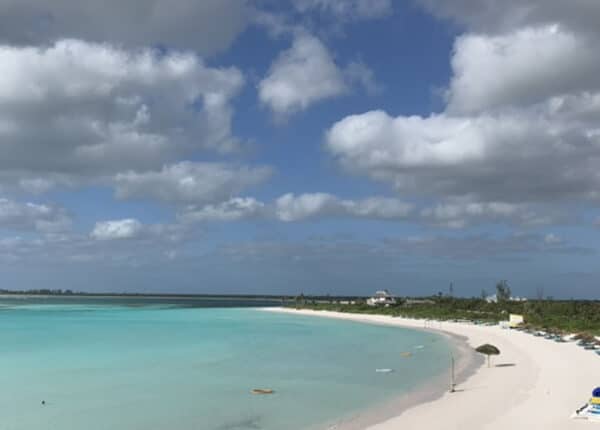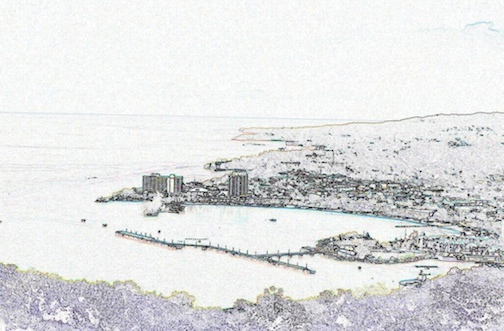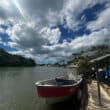By Richard Smith
Op-Ed Contributor
Jamaica has in recent times had a vigorous debate on the use of Patois (pronounced Patwa) as its official language, replacing English. This view has been fueled by poor results in CSEC English exams, which has seen many people questioning the validity of an official language not comprehended by the masses.
CSEC English passes have declined to 47 percent down from 67 percent for 2011 with many persons attributing the results to a general disconnect with the English Language.
Many persons feel that moving English to the status of second language will ensure that it is not assumed that students understand English but approach the subject from the assumption of a “new’” language.
English is the “official” language of the country, while the popular and unofficial first language is Patois, and this creates a dilemma for many teachers as the spoken language for social settings (patois) and the written academic language (English) are different.
THE ARGUMENTS FOR PATOIS
As English is the language of intellect, it may be surprising to an outsider that the main proponents of standardizing the dialect Patois and making it the official language of the country are many of the country’s senior intellectuals. Carolyn Cooper and Grace Virtue readily come to mind as two of our nation’s brightest minds who are strident supporters of the native tongue.
The reasons for support are wide and varied, however the main recurring themes seem to be the following:
- The language of the people needs to be the official language of the country. This is seen as a major way to promote self-love and acceptance among the masses and developing pride in a unique part of Jamaican culture.
- Academics are affected, as many students not only have to understand the topics being taught but have to understand the language spoken through “internal translation.” This makes learning harder for the average child and shows in the poor examination results, not only in English, but other subject areas as well.
- The language is unique and reflects our rich cultural past. It is also one of the few artifacts that has survived slavery, adult suffrage and Independence.
- It is one of the few remaining steps in moving away from colonization. The retention of English as an official language is seen by many as a continuation of colonial rule. Jamaica’s having her own language is seen as finally maturing in independence.
THE ARGUMENTS AGAINST PATOIS
Many people who oppose using Patois as the official language of the country see themselves not a strictly Jamaicans but as World Citizens and are more interested in how Jamaica functions as a part of the World.
- English is the official language worldwide of commerce, aviation and shipping. This gives Jamaica a decided advantage over some of its closest neighbours, namely Cuba, Haiti and the Dominican Republic, which share many of the natural resources of Jamaica.
- Jamaica has a poor record in teaching second languages. Moving English to second-language status will cause further decline in the comprehension and use of the language hence marginalizing the people of Jamaica and making them Jamaicans unmarketable and unadoptable in other countries.
- Making Patois the official language of the country will lead to internal segregation, as persons of lower social standing will be easily identified by their language. It is believed that if Patois becomes the official language then only persons of means will be able to ensure their children are fluent in the second language (English).
- The conversion to Patois will be expensive and unnecessary, especially during the harsh economic times the country is currently experiencing.
Jamaica is a unique country that, through occupation by the Spanish and then the English, has developed a unique culture.
Many see Jamaica as not just the cultural capital of the Caribbean but of Central America. This has encouraged many to seek promotion of all things Jamaican, moving from dance to music and now to language.
The major concerns are what amount of “Jamaican-ness” is the correct amount, and what provides the greatest opportunity for the residents of Jamaica. The right mix is tricky, but two things need to be balanced. First, national pride and the promotion of one’s culture and uniqueness; second, economic and social relevance within the International setting.
There is no perfectly laid-out road map, however history has shown that all ideas are better served when tested in a controlled environment. There is no rush in replacing English as the first language —so if it’s to be done, let’s do it right.
Note: the opinions expressed in Caribbean Journal Op-Eds are those of the author and do not necessarily reflect the views of the Caribbean Journal.







